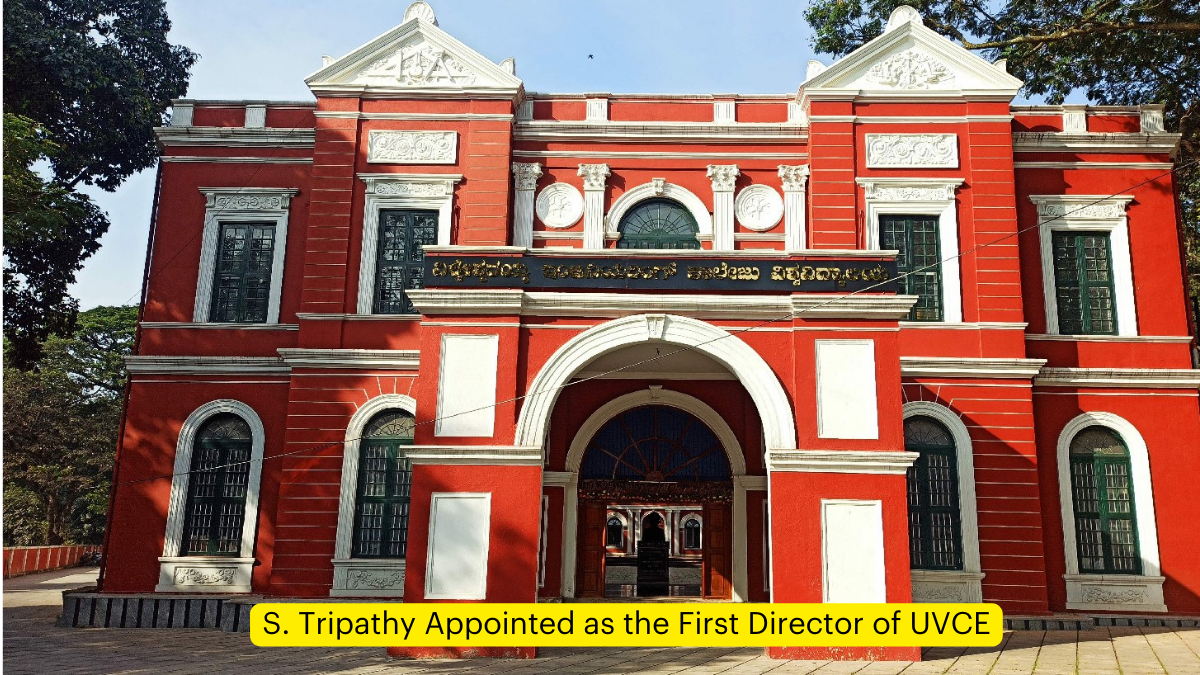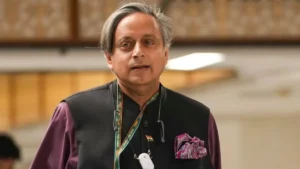On this significant day for higher education in Karnataka, the State government has made a crucial appointment that marks a new era for the University of Visvesvaraya College of Engineering (UVCE). This appointment represents an important step in the institution’s history and development.
Key Appointment
S. Tripathy, a distinguished professor from the Department of Geology and Geophysics at the Indian Institute of Technology, Kharagpur, has been named the first director of UVCE. This appointment is a milestone in the college’s journey towards excellence in engineering education.
Terms of Appointment
Prof. Tripathy’s tenure comes with specific terms:
- Duration: Four years from the date of assuming office
- Age Limit: Up to attaining the age of 70 years, whichever is earlier
Background and Significance
Previous Appointment
This appointment comes after a previous attempt to fill this crucial position:
- D. Manjunath, professor at the Department of Electrical Engineering, Indian Institute of Technology-Bombay (IIT-B), was initially appointed on March 8, 2023.
- However, Prof. Manjunath did not assume the role even after a year of his appointment.
Importance for UVCE
The appointment of a director is a critical step for UVCE:
- It signifies the institution’s growth and progression
- It demonstrates the government’s commitment to strengthening higher education
- It promises new leadership and potential advancements in engineering education
Looking Ahead
As UVCE welcomes its first director, the institution stands at the threshold of a new phase:
- Enhanced academic leadership can be expected
- Potential for new initiatives and collaborations
- Opportunities for growth and development in engineering education and research
Celebrating Progress in Education
While not a traditional celebration day, this appointment marks a day worth noting in the academic calendar:
- It represents progress in educational administration
- It highlights the importance of leadership in academic institutions
- It’s a day that could shape the future of many aspiring engineers




 Which Lake is known as the Jewel of Udai...
Which Lake is known as the Jewel of Udai...
 Which is the Largest Banana Producing St...
Which is the Largest Banana Producing St...
 Shashi Tharoor Conferred Honorary D.Litt...
Shashi Tharoor Conferred Honorary D.Litt...








